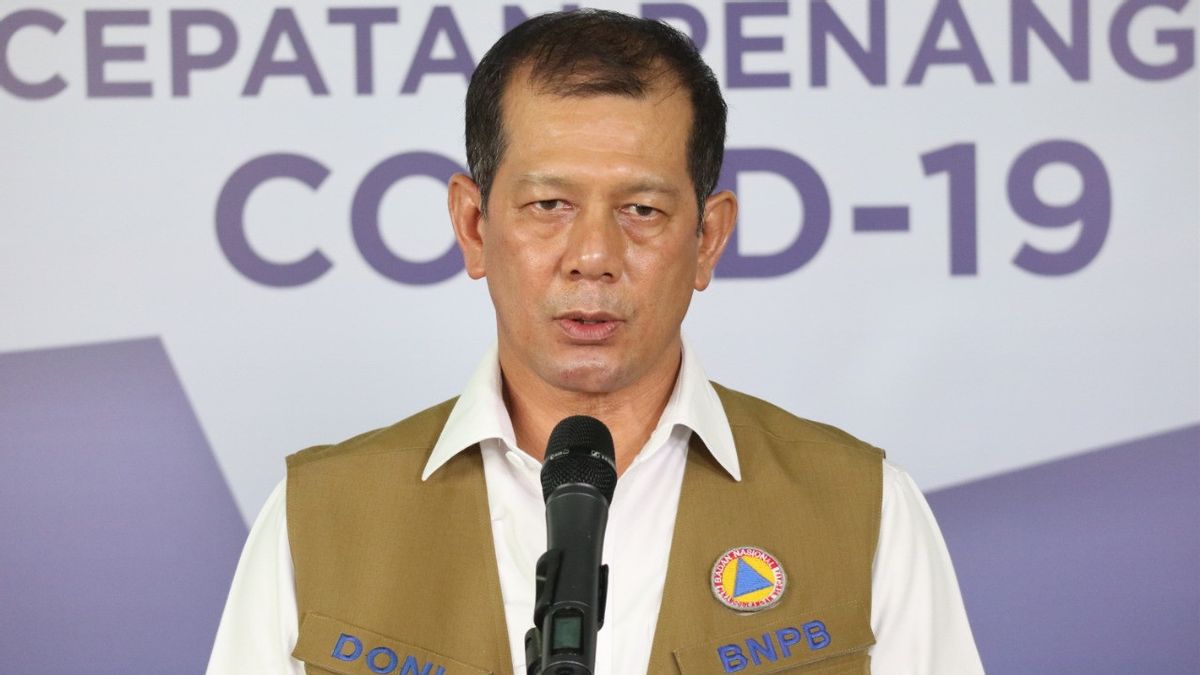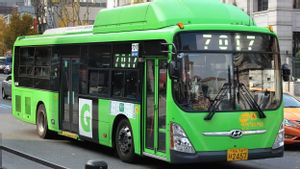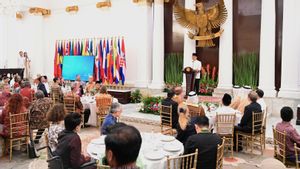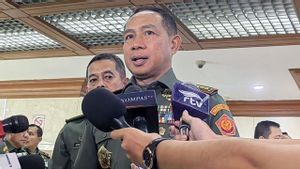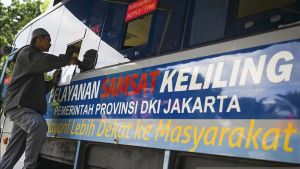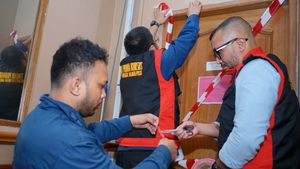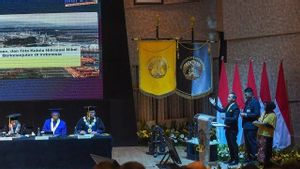JAKARTA - The government will seek 30 thousand tests for COVID-19 every day using the realtime polymerase chain reaction (PCR) method. This effort was carried out after the target of 10 thousand tests per day had been completed.
"In the future, we will increase our capacity to 20 thousand and in the end, we will try to reach 30 thousand," said Doni Monardo, head of the Task Force for the Acceleration of Handling COVID-19 in an online press conference, Thursday, June 4.
It's just that in achieving this, Doni emphasized, there are safety issues for laboratory workers because they are at risk of being exposed to the corona virus.
Moreover, he added, some time ago, a number of doctors and laboratory personnel had contracted COVID-19. However, Doni did not specify where the laboratory was located.
"Some time ago a number of doctors and laboratory personnel were exposed to COVID because there was a leak from the laboratory," said Doni.
"Well, this is what we have to protect. We really believe that our doctors, nurses, laboratory workers do not become victims or risk because the system is not optimal," he added.
Meanwhile, Doni explained, the need for reagents for laboratory test needs is sufficient. This is because the first stage reagent is still available. Moreover, Indonesia has obtained 1.1 million reagents for both PCR, VTM, RNA, and RNA extraction testing. "We have all that," he said.
Even if it is lacking, Doni is sure that the reagent can be obtained again because Indonesia is currently working with other countries to maintain its availability.
Adequate equipment and laboratories in IndonesiaThe Coordinating Minister for Human Development and Culture (PMK) Muhadjir Effendy said the increase in the number of tests per day was in line with President Joko Widodo's request.
According to him, Jokowi requested that the number of COVID-19 tests be increased because he saw the strength of the laboratory and the equipment he had.
"With the current equipment there are 120 units available throughout Indonesia, it should have reached 30 thousand, but later we and the Head of the Task Force, and the Ministry of Health will continue to accelerate 20 thousand and move to reach 30 thousand as according to the president's calculation," Muhadjir explained.
However, the increase in test numbers cannot only rely on laboratories. He said the massive test must also be supported by tracking the spread of this virus.
That is why the government will recruit volunteers to assist with tracking people under surveillance (ODP) and patients under surveillance (PDP).
"To support it, massive tracing is needed. It will mobilize volunteers, especially S2 students from the molecular biology department, then nursing, midwifery and public health majors," said the former Minister of Education and Culture.
Muhadjir said President Jokowi had approved the recruitment of volunteers. In the near future, the government will carry out the recruitment of volunteers on a large scale.
"Due to the limited number of volunteers, it is not optimal. Earlier there was a suggestion from the National Research and Innovation Agency (BRIN) that there should be intensive training before being assigned, it must be done," said Muhadjir.
Previously, President Joko Widodo wanted tracking the spread of COVID-19 to be even more aggressive. However, he asked that this be done not in a conventional way but using a more sophisticated method such as in New Zealand and South Korea.
"Aggressive tracking is being carried out more aggressively using the help of a communication technology system and not using conventional methods anymore," Jokowi said when opening a limited meeting on handling COVID-19 which was broadcast on the Presidential Secretariat YouTube account, Thursday, June 4.
"As we have seen in other countries, for example in New Zealand, they use digital diaries. Then South Korea is also developing mobile GPS for data, so that tracking is better monitored," he added.
In front of his ministers, Jokowi also asked for the number of virus tests to be increased. After 10 thousand specimens were reached, Jokowi raised his target.
"Previously, my target of 10 thousand had already been exceeded. I hope that the next target, in the future, is 20 thousand. This must start there," he said.
The English, Chinese, Japanese, Arabic, and French versions are automatically generated by the AI. So there may still be inaccuracies in translating, please always see Indonesian as our main language. (system supported by DigitalSiber.id)
